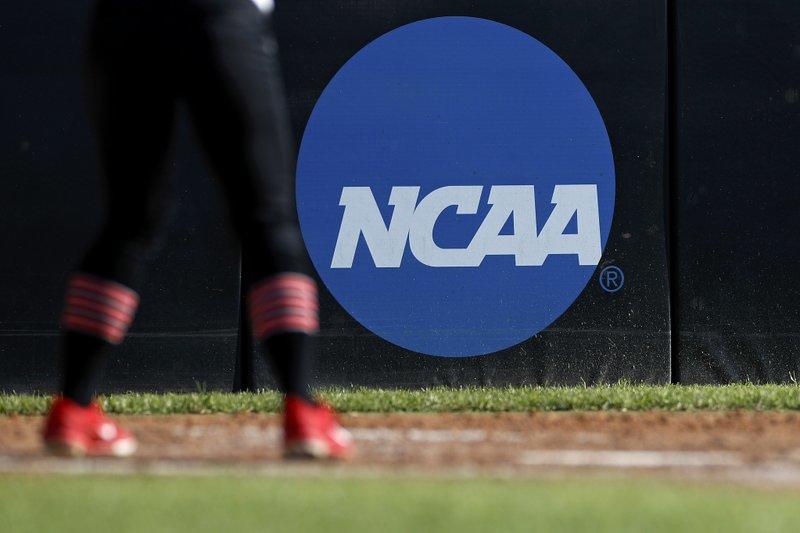Section Branding
Header Content
The Latest: NCAA To Allow Athletes To Cash In On Their Fame
Primary Content
The Latest on the NCAA task force’s report on the feasibility of allowing athletes to profit from their names and images (all times local):
2:30 p.m.
The chairman of the NCAA board of governors says the association hopes to avoid a court battle against states that are attempting to pass laws aimed at dismantling the NCAA’s rules.
The NCAA board voted on Tuesday to allow athletes to profit from their names, images and likenesses, but much work still needs to be done to determine how that will work within NCAA rules.
Ohio State President Michael Drake said the board hopes that “all who are interested in the future welfare of student-athletes would work with us to get to that point and using reasonable processes to get there.”
California passed a law last month that would prevent schools from prohibiting college athletes from being compensated for their names, images and likenesses. That law goes into effect in 2023, but other states are moving on similar legislation that could go into effect as soon as next year.
1:30 p.m.
The NCAA Board of Governors has taken the first step toward allowing athletes to cash in on their fame. The board voted unanimously on Tuesday to clear the way for the amateur athletes to “benefit from the use of their name, image and likeness.”
The vote came during a meeting at Emory University in Atlanta.
In a news release, board chair Michael V. Drake said the board realized that it “must embrace change to provide the best possible experience for college athletes.”
___
2:30 a.m.
A key NCAA task force is expected to provide an update on whether it would be feasible to allow athletes to profit from their names, images and likenesses while still preserving amateurism rules for the nation’s largest governing body for college athletics.
Ohio State athletic director Gene Smith and Big East Conference Commissioner Val Ackerman are leading the working group, which will present a progress report to the NCAA Board of Governors at Emory University in Atlanta this week.
It is an important early step in a process that could take months or even years to work its way through the NCAA various layers.
NCAA rules have long barred players from hiring agents and the association has steadfastly refused to allow players to be paid by their schools, with some exceptions. A California law set to take effect in 2023 would prevent athletes from losing their scholarships or being kicked off their teams for signing endorsement deals. Other states could put laws in place earlier than that.
The NCAA says it represents some 450,000 athletes nationwide.

